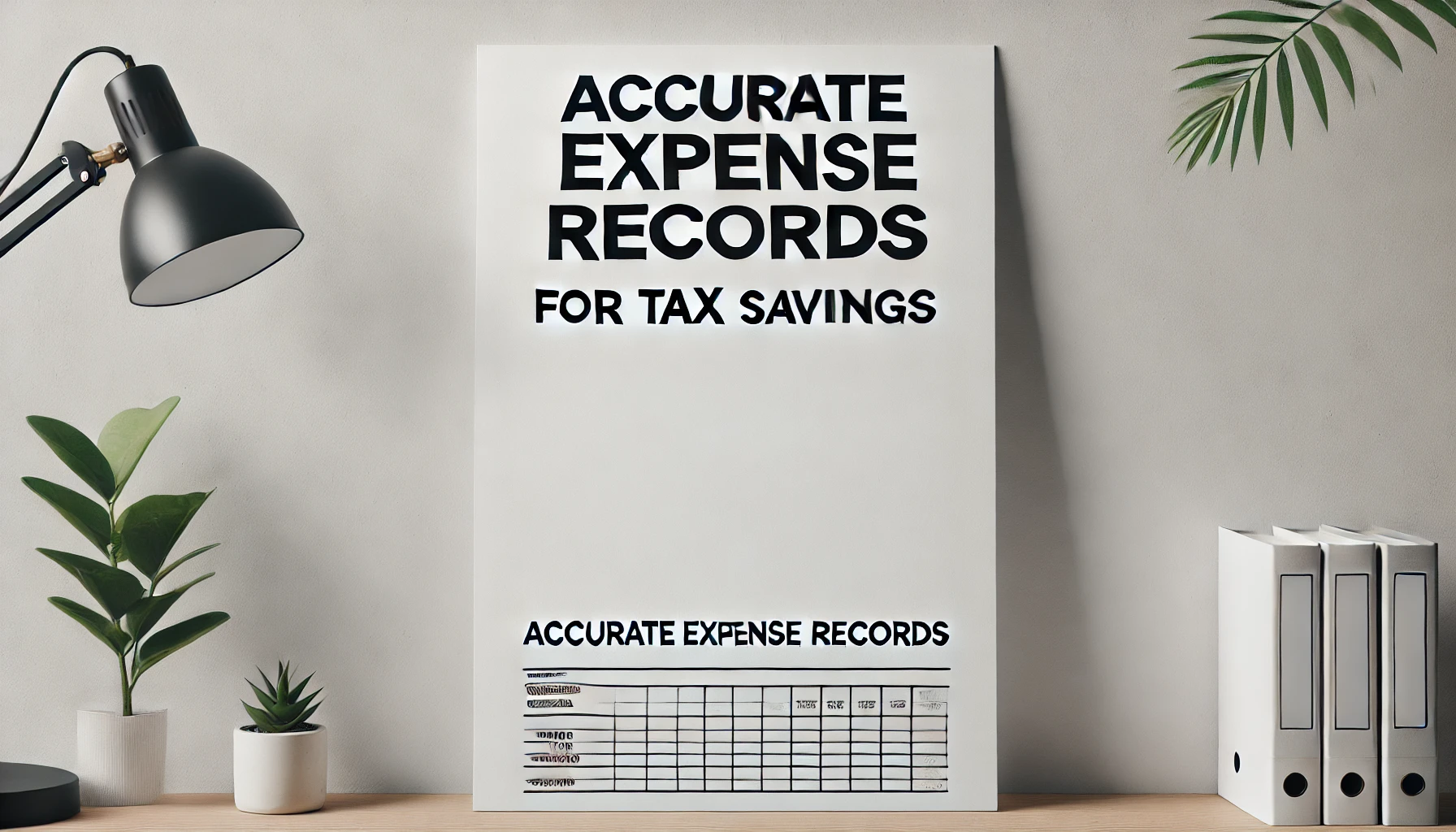
Introduction
As a business owner, claiming deductions for business expenses is a crucial way to reduce taxable income and optimize your tax liability. However, to successfully claim these deductions under the Income Tax Act, 1961, you must maintain proper documentation as evidence of expenses incurred. Failing to maintain the required records can lead to disallowance of deductions and potential penalties during assessments.
This blog outlines the documents you need to claim deductions for business expenses, ensuring compliance and hassle-free tax filing.
Why Are Documents Important?
Maintaining accurate records is essential because:
- Proof of Expense: Demonstrates that the expense was incurred for business purposes.
- Compliance: Ensures adherence to tax laws and reduces audit risks.
- Deduction Eligibility: Substantiates claims for allowable deductions under the Income Tax Act.
Types of Business Expenses and Required Documents
Here’s a detailed guide to the documents required for various categories of business expenses:
| Category | Examples | Required Documents |
|---|---|---|
| Rent and Utilities | Office rent, electricity, water bills | Rent agreement, utility bills, payment receipts. |
| Employee Salaries | Salaries, bonuses, allowances | Salary slips, payroll records, TDS challans, bank statements showing payments. |
| Travel Expenses | Business travel, lodging, conveyance | Tickets, hotel bills, travel itineraries, fuel bills, receipts for tolls/parking. |
| Professional Fees | Legal, accounting, and consultancy fees | Invoices from professionals, payment receipts, contracts/agreements. |
| Office Supplies and Equipment | Stationery, furniture, electronics | Purchase invoices, payment receipts, warranties (if applicable). |
| Marketing and Advertising | Online ads, print campaigns, events | Invoices, contracts with agencies, payment proof, GST invoices. |
| Vehicle Expenses | Fuel, maintenance, insurance | Fuel bills, repair invoices, insurance policies, vehicle logbook. |
| Loan Interest | Business loan interest | Loan agreements, bank statements, interest certificates from the lender. |
| Depreciation | Depreciable assets (machinery, vehicles) | Asset purchase invoices, depreciation schedule, payment proof. |
How to Maintain Documentation
- Digitize Records:
- Use accounting software to store scanned copies of receipts, invoices, and other documents.
- Digitized records are easier to retrieve during audits.
- Organize by Category:
- Categorize expenses under appropriate heads like rent, salaries, or travel.
- Reconcile with Bank Statements:
- Ensure that payments recorded in invoices match your bank statements.
- Preserve Documents for the Required Period:
- As per Section 44AA, maintain records for at least 6 years from the end of the relevant assessment year.
Common Mistakes to Avoid
- Missing Receipts:
- Claims without receipts or proper documentation can be disallowed.
- Personal vs. Business Expenses:
- Ensure personal expenses are not mixed with business expenses.
- Unclear Descriptions:
- Provide clear and specific descriptions in invoices or receipts.
- Improper GST Invoices:
- For GST-registered businesses, ensure invoices include all required details like GSTIN, taxable value, and tax amounts.
Illustrative Example
| Expense | Claimed Amount | Supporting Document | Result |
|---|---|---|---|
| Office rent | ₹10,00,000 | Rent agreement and bank transfer proof | Deduction allowed. |
| Fuel for personal vehicle | ₹25,000 | No logbook or business connection proof | Deduction disallowed. |
| Legal consultancy fees | ₹50,000 | Invoice and payment receipt available | Deduction allowed. |
Key Sections Relevant to Documentation
- Section 37(1):
- Allows deductions for expenses incurred wholly and exclusively for business purposes.
- Section 44AA:
- Mandates maintenance of books of accounts for specified professions and businesses.
- Section 40A(3):
- Disallows cash payments exceeding ₹10,000 per day to a single person, emphasizing the need for proper records.
Judicial Precedents
1. CIT v. Calcutta Agency Ltd. (1951) 19 ITR 191 (SC)
- The Supreme Court ruled that the burden of proof lies on the taxpayer to substantiate deductions with evidence.
2. Kedarnath Jute Manufacturing Co. Ltd. v. CIT (1971) 82 ITR 363 (SC)
- The court emphasized that entries in books of accounts must be supported by reliable documents.
FAQs
1. Can I claim deductions for cash expenses without a receipt?
No, expenses claimed without proper receipts may be disallowed during scrutiny.
2. Are digital payment receipts valid?
Yes, payment proof through UPI, NEFT, or IMPS is valid for claiming deductions.
3. Do I need to maintain records even under presumptive taxation?
Yes, basic records like turnover proofs and receipts are necessary, even for presumptive taxpayers.
4. Can I claim deductions for GST-inclusive expenses?
GST-registered businesses can claim deductions for net amounts after claiming input tax credits.
5. What happens if documents are lost or damaged?
Maintain backups of documents, and in case of loss, obtain duplicates from the concerned vendor or service provider.
Conclusion
Maintaining proper documentation for business expenses is crucial for ensuring deductions are allowed under the Income Tax Act. By organizing records, digitizing receipts, and adhering to compliance requirements, businesses can optimize their tax filings and avoid disputes during assessments.
Additional Resources
Learn more about Tax Provisions on the official Income Tax India website.
Want to consult a professional? Contact us: 09463224996
For more information and related blogs, click here.
